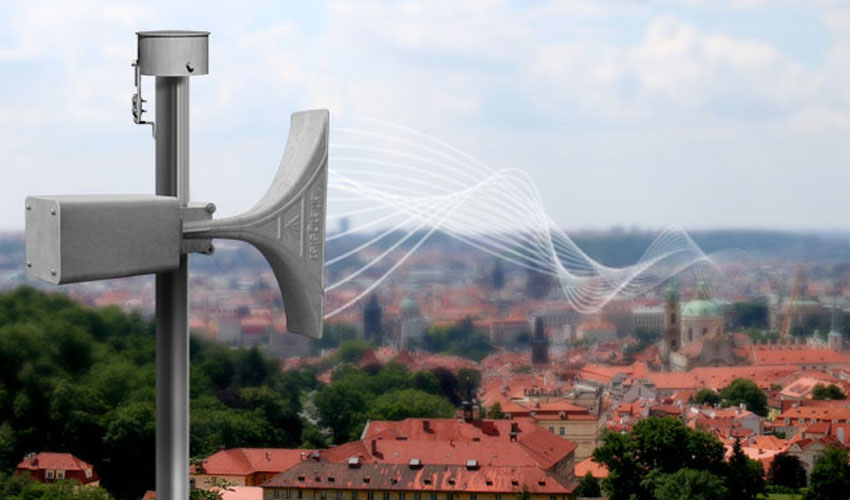
Information Overload
Today, people tend to spend over 16 hours a day using electronic media. While tapping away at a variety of keyboards, remote control buttons of video and audio devices, mobile phones, reading loads of text messages and more, they are becoming increasingly overloaded with information. Most probably, information overload will continue to increase.
How to decrease the information overload?
That said, people’s increasing use of social media platforms means that not only will we face tonnes of emails at work, but numbers of updates, promotional campaigns, newsletters, and invitations at home as well. However, it is all up to us. Understandably enough, the best way to get our feet back on the solid ground is by turning off the device and limit the amount of information, continually occupying our attention. Let us get away from both phones and computers for an hour or two every day. We can also stop watching TV, listening to the radio, using computers, unsubscribe from unwanted email, switch off various notifications, and change the settings on our phones. Not enough? Switching our phones to flight mode is a greatly daring choice. For many people, this seems almost unthinkable; however, it can dramatically contribute to our health and general well-being. On the other hand, switching off electronic devices can put the users in danger of missing out on emergency information.
What is the way out? Any relevance with warning systems?
There are situations when the right information at the right time can save a person’s life or protect their property. What is this all to do with mass early warning systems? More than we may think. Most of us have already seen some impressive state-of-the-art warning systems that use smartphone networks, live warning TV broadcasting, or internet streaming. Omitting the fact that all these technological devices rely heavily on vulnerable civil networks (not performing well in great disasters and major emergencies), there is even another more significant factor limiting their efficiency. Being so overloaded with information, people often choose to switch off their smartphones to avoid disturbance, hoping to feel better and rely on another way of warning in case of danger. However, if the local government decides to build a primary mass warning system based on SMS notifications, it won’t work well then.
A real mass warning system can’t be turned off
If there is a serious intention to build an effective and workable mass warning system, it cannot by any means depend on a person’s will to turn the receiving device on or off. Receiving a warning message must be wholly independent, and the message delivered only using such devices that are controlled by the competent authority. This is why all modern warning systems still rely on powerful electronic sirens. High-intensity acoustic warning is something that cannot be unheard.
Moreover, a typical siren sound reproduced all around endangered areas will always arouse people’s attention, even in the environment with high information smog. Systems based on text messaging (SMS) or video broadcasting can be recommended only as additional channels or used for special purposes; for example, the usage of smartphones can work well to summon the crisis staff members that are generally not present at the site of the emergency. Modern electronic sirens are and will maintain for a long time, the core of an effective mass warning systems even in the times of information overload.
The article was written by
Miroslava Malachovska
Miroslava is the marketing manager. She has been working for Telegrafia for more than twelve years. She began as a business department assistant and later worked as an educational centre coordinator. Since her return from maternity leave, she has been working for the marketing department. The experience and knowledge she has gained give her a solid base for the challenging and creative work she is now doing for the marketing department. She loves running, and keeps fit by regular training and preparing for half-marathon competitions.


